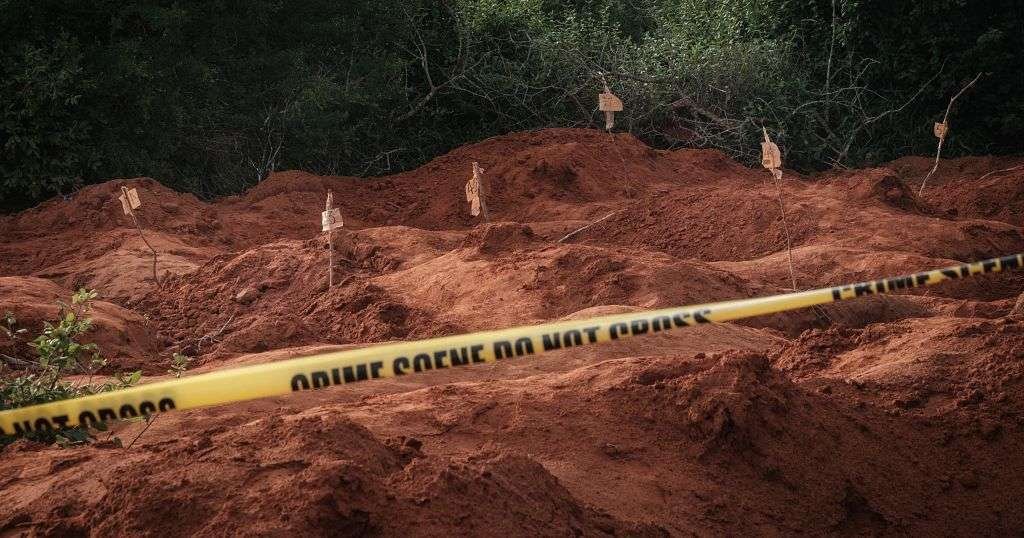Nairobi, Kenya – (African Boulevard News) – Failures of the Kenyan justice system and police have come to light following the tragic Shakahola massacre, where self-proclaimed pastor, Paul Nthenge Mackenzie, stands accused of the deaths of at least 20 individuals who followed his extreme fasting practices.
The case has raised serious questions about the effectiveness of the justice system in Kenya and its ability to protect vulnerable citizens from exploitation by fraudulent religious leaders.
According to reports, Mackenzie had been preaching his extreme fasting rituals for years, despite numerous alerts to the authorities. Critics argue that the lack of action allowed him to continue his activities, ultimately resulting in the loss of innocent lives.
Human rights activists and religious leaders have condemned the failures of the justice system to take timely action against Mackenzie. Reverend Joseph Maina, a prominent religious leader, expressed his dismay, stating, “It is deeply disheartening to see the lives of our brothers and sisters lost due to a lack of intervention from the authorities. Justice must prevail, and those responsible for this tragedy must be held accountable.”
The Shakahola massacre has served as a wakeup call for the Kenyan justice system, highlighting the urgent need for reforms to ensure the safety and protection of its citizens. The tragic incident has sparked nationwide outrage and demands for justice.
Kenya has a rich history of religious diversity, with millions of citizens belonging to various faiths. While the majority of religious leaders are genuine and promote peace and harmony, incidents like the Shakahola massacre underscore the importance of robust regulatory mechanisms to prevent the exploitation of vulnerable individuals.
The Kenyan government, in response to the public outcry, has vowed to launch a comprehensive investigation into the failures that allowed Mackenzie to operate with impunity. Authorities have promised that those responsible for negligence or complicity will be brought to justice.
However, critics argue that these promises are not enough and that concrete action must be taken to prevent such incidents from occurring in the future. They call for stricter regulations and oversight of religious practices to protect individuals from unscrupulous leaders who seek to exploit their faith.
The Shakahola massacre has left scars on the nation, reminding Kenyans of the need for an effective justice system that upholds the principles of fairness and accountability. The tragedy has brought to the forefront the urgent need for comprehensive reforms to prevent further exploitation by religious leaders and ensure the safety of all citizens.
As the investigation unfolds, Kenyans are anxiously awaiting justice for the victims of the Shakahola massacre and hoping that this tragedy will serve as a catalyst for positive change. The cries of the victims and their families echo through the nation, demanding a justice system that truly protects its citizens from harm.
For more information on the failures of justice in the Shakahola massacre, visit Africanews.com or search “Kenya failures of justice allowed the Shakahola massacre” on Google.

